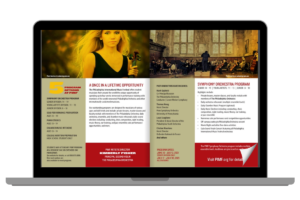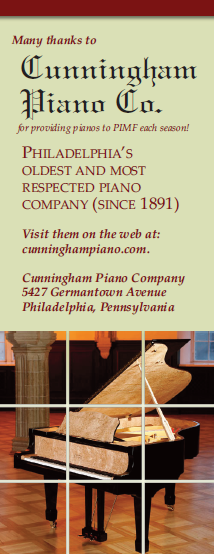From Moody To Musical: How Music Can Benefit Teenagers
Schools that incorporate serious music education into required curriculum have a graduation rate of 90.2% as the graduation rate of students without music programs is 72.9. By immersing young people in the arts alongside traditional education, you’re not only enriching their lives with culture, but also boosting their academic performance.
Dance Away the D’s
Ok, so maybe a dance party won’t score an A on a paper (or there’d be a lot more honor roll students), but music does improve test scores. Research has shown that students who participate in quality music programs have better performance on tests than those that don’t have music integrated into their education. Combining music with the usual academic subjects boosts language skills, listening skills, creativity, and even their understanding of mathematics. If the school doesn’t provide a music program, teens can still benefit by supplementing with musical extracurriculars and hobbies. From learning to play guitar at home to participating in choir at a place of worship, to joining local youth orchestras, they can incorporate music in whatever way best suits their lifestyle and personality.
Growing Pains and Growing Brains
Teenage years are a significant time for growing, and with growing comes growing pains. As their brains and bodies are going through changes, emotions often run high, and are all over the place. Many teenagers struggle with development and self-esteem. They’re at a time in their lives where they’re not quite a child, but also not quite an adult either. Coping with all of the changes that accompany coming-of-age can be quite frustrating. Music and instrument play offer some relief from anxious feelings by giving young people a sense of belonging, identity, and freedom of expression. Learning to play an instrument can also help them process and cope with emotions, as well as develop self-discipline.
Clearly there are benefits to music in life, though they’re complex and it’s not always easy to understand the effects. Beneath the potential for improved test scores, better language acquisition, and increased understanding of math, sometimes the real benefit is music for the sake of music. The bottom line is that music makes kids and teens happier, and that alone is more than enough.
Article by Kylee Ryers



